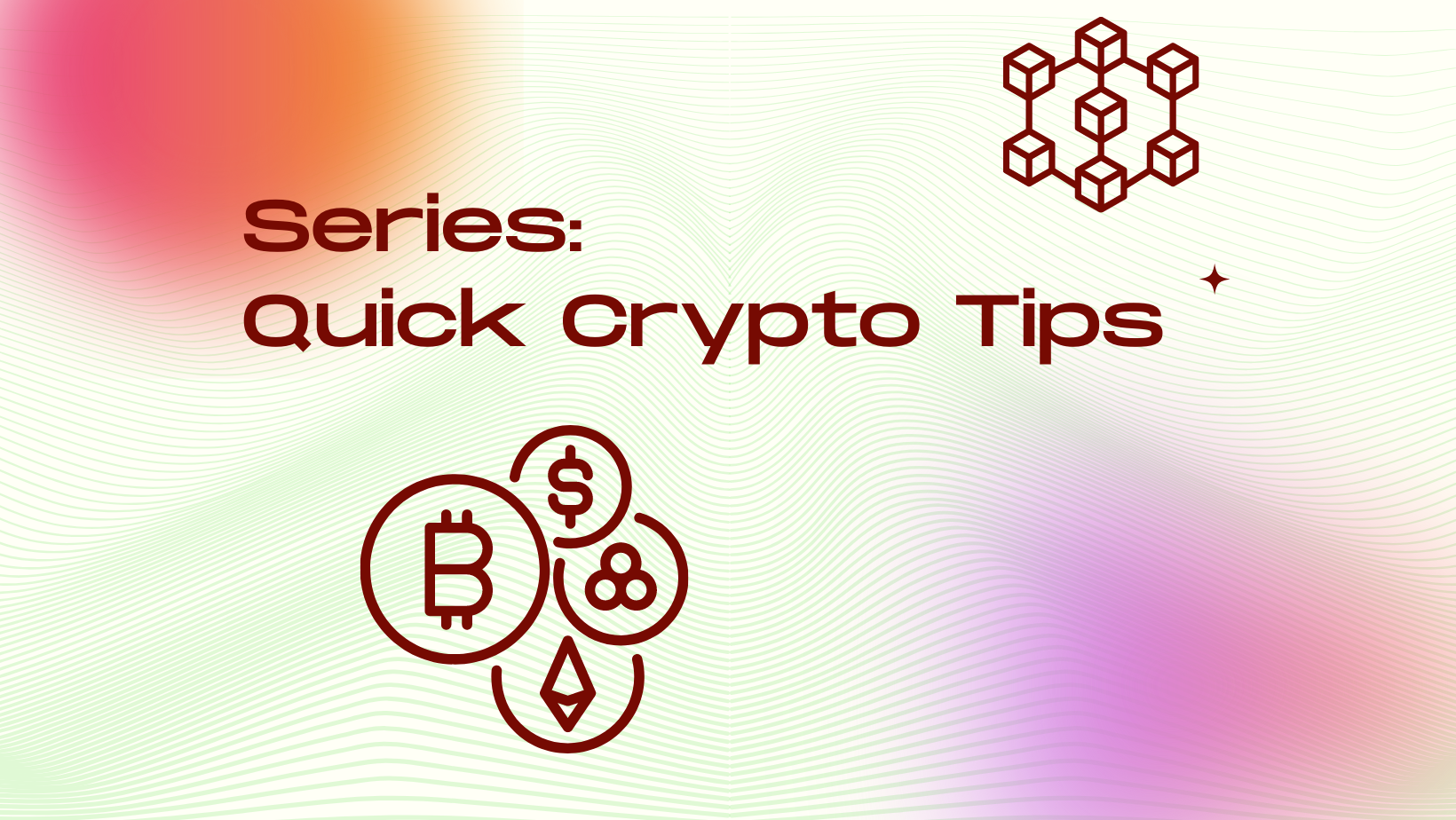
Token v Coin: What’s the Difference
'Token' and 'coin' are often used interchangeably when talking about
cryptocurrencies. The truth is, they’re different and distinct things.
Every crypto exists on a network. Bitcoin runs on the Bitcoin
blockchain, and Ethereum runs on the Ethereum blockchain. Some cryptos don’t run on their own blockchain; they use an existing blockchain to provide their infrastructure.
Examples of coins include Bitcoin, Ethereum, Solana, and Monero
Examples of tokens include Shiba Inu, USDC, and Loopring
All of those token examples are ERC-20 tokens, even though they have very different use-cases. This means they run on Ethereum’s blockchain. Other chains that host tokens include Binance Smart Chain, Avalanche, and Solana.
When would you want to use a coin for your project? You'd create a coin when you want full autonomy over the project - potentially for a niche use case or maybe just to create an infrastructure layer.
When would you want to use a token for your project? You'd create a token when you want to focus on your specific use-case, and borrow someone else's (maybe ETH) existing network and infrastructure. By renting the infrastructure from another network, your time is freed up to focus on something like your specific user experience rather than something like network security.

